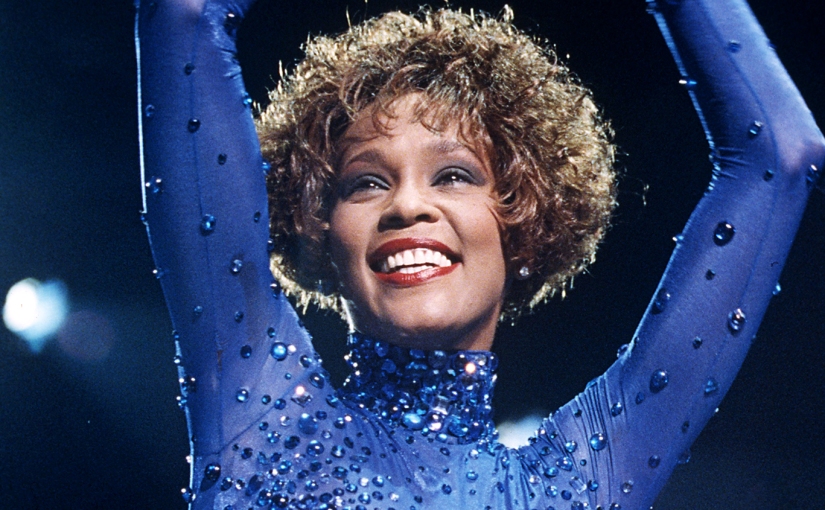As a feminist, I care about two things: Who gets heard and How. As a sober person, I care enough to do something about it.
Lately, I’ve been troubled with thoughts about the opioid crisis in America. I share the deep sympathy and outrage of our populous for victims of mass addiction. Big Pharma, like the good drug kingpin it is, has carved out huge swaths territory in the heartland with its derivations of synthetic heroin. While I empathize with those struggling to claw their way out of despair, I am coming to know a much deeper emotion than empathy: anger at the disparate responses to current white death versus black death during the crack epidemic years.
I want to know how and why we are in such an uproar now, in 2018. Why haven’t we read reports about white people being incarcerated at staggering rates for drug-related crimes? Where were the documentaries about crack addiction and the road to recovery? Are we really that ignorant to the situational blindness of our biases?
I don’t even want to hear about how the political climate is to blame. I know our current administration is on a broad highway to hell, but this shit is not new. In 2017, a writer named Dahleen Glanton from the Chicago Tribune had this to say about our bullshit cultural responses to addiction:
In the 1980s, instead of pouring resources into counseling and other forms of treatment, America chose to tamp down on crime. Officials thought they could arrest their way out of the crack cocaine crisis and it would go away. In the end, that approach had as much of an adverse impact on African-American families as crack did. Hundreds of thousands of African-Americans across the country ended up with prison records because of minor drug violations — a legacy that continues to contribute to the decay of poor, urban communities.
I am by no means a scholar on the War on Drugs, addiction, alcoholism or any other brand of compulsive behaviors. I am, however, a white woman who recognizes her privilege when she sees it. How many times did I drive drunk and recklessly without being pulled over? Dozens. Where were the belligerent and/or violent cops when I “road dirty” on the 5 from LA to San Diego? In my rear view mirror. Why is it that I am embraced for speaking openly about my struggles with alcoholism, rather than criminalized for “choosing” to act on my impulses? And let’s look at the way Whitney Houston’s death was covered: with endless loops of video showing her high off her ass, saying, “crack is whack.” The media made fun of her. People called her a crackhead. When Philip Seymour Hoffman died, they touted his genius and what a tragedy it was to lose such a legend to heroin addiction. The implicit media bias toward white people and against black people is clear: white people “struggle with addiction” while black people “choose to live this way.”
In the ’80s, the “Greed is Good” mentality drove a lot of polo-clad people to dive into the excesses of the time with some good, old-fashioned nose candy. Simultaneously, industrious people began to capitalize on the less expensive version of cocaine: crack. The cause and effect formula here makes total sense to me. Rich people could afford cocaine. If rich people got caught with said cocaine, they could also afford attorney fees. Poor people could afford less-expensive crack. If poor people got caught with said crack, they went to jail. Poor communities began to suffer greatly as crack ravaged their populations. Rich people went about their business making money while also spending it. Somewhere in this seemingly cogent formula, something stopped adding up: how is it that poor people became criminals when rich people skirted the law? Why is it that a disproportionate number of black people were being locked up for smoking and snorting the chemical equivalent for white people? The answer is as racist as it is unsurprising: people start to give a shit when white people die. Thus, this cold, hard fact remains: “Oppression is as American as apple pie” (Audre Lorde).
Addiction does not give a fuck about what your creed, denomination, sex or opinion is. All it cares about is winning. We are, as a nation, coming to believe this as a fact of life. We rally, we march, we lambaste politicians for their indifference to gun violence, environmental health and drug industry influence. Glanton observes our cultural shift with addiction:
White suburbanites are lobbying their state officials to help them solve a problem that is ruining young people’s lives. They are holding rallies on statehouse lawns, urging elected officials to treat their addicted children with dignity — something that young people addicted to crack never received.
It is my goal to broaden the conversation about addiction and alcoholism. Scientific advancements aside, the social and spiritual consequences of life on an obsessive loop won’t stop until we as a society jar ourselves awake. I am one person who found herself in the grips of a progressive disease. I choose the word disease because it encourages health practitioners and insurance companies to treat it like the health crisis it is instead of the choice it very much is not. Erasing the stigma of addiction is a noble cause, but I don’t want to die on that hill. I care more about what happens to people of color who struggle with not only addiction, but also being black in America. We hear from lots of white people who took the path of recovery. I want to see how we can apply intersectional feminism to other voices who deserve to be heard.
When it comes to addiction, it can’t be black and white. Let’s move into the crowded grey area where recovery applies to all who need it.
Photo courtesy of Billboard
